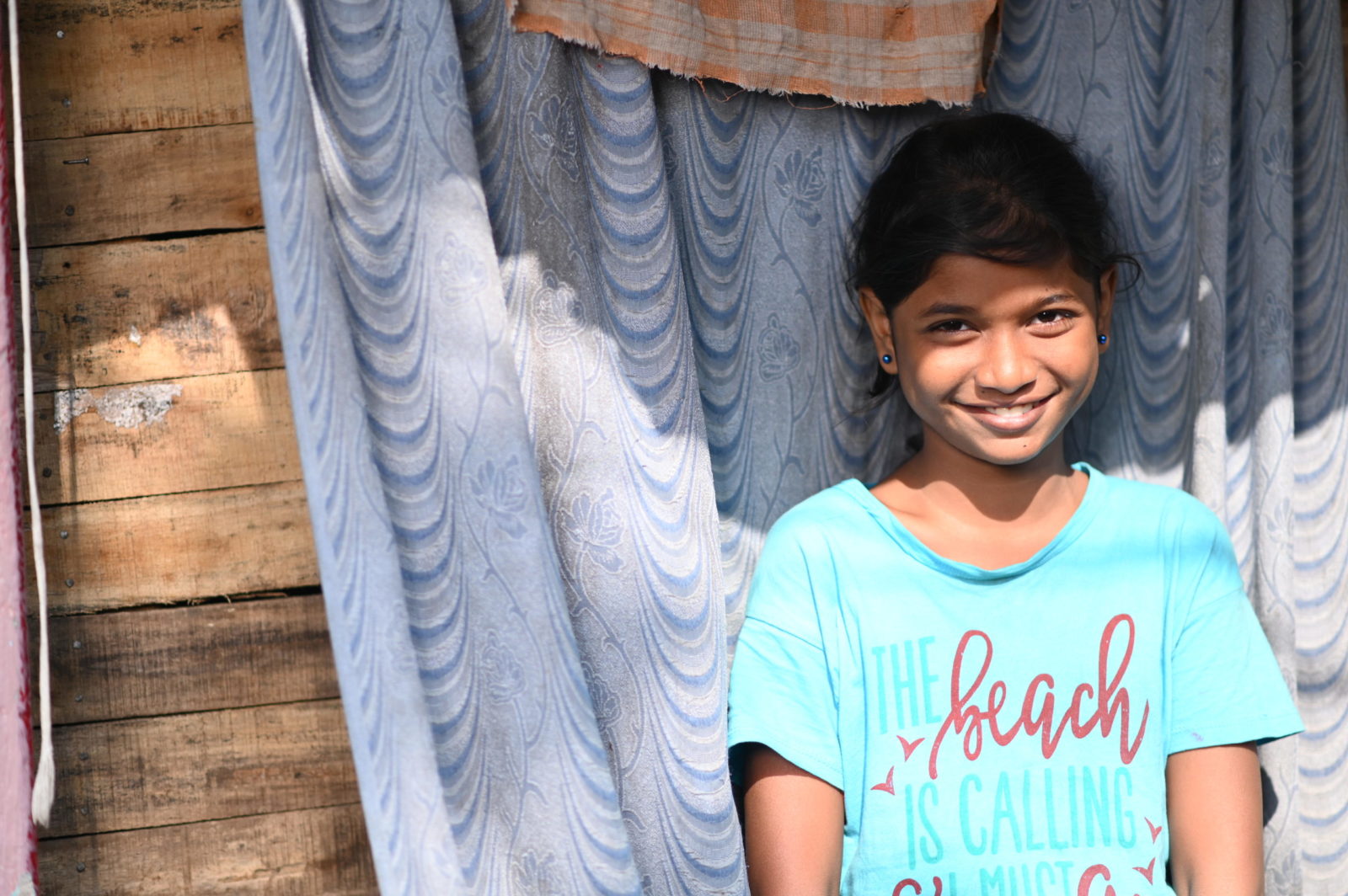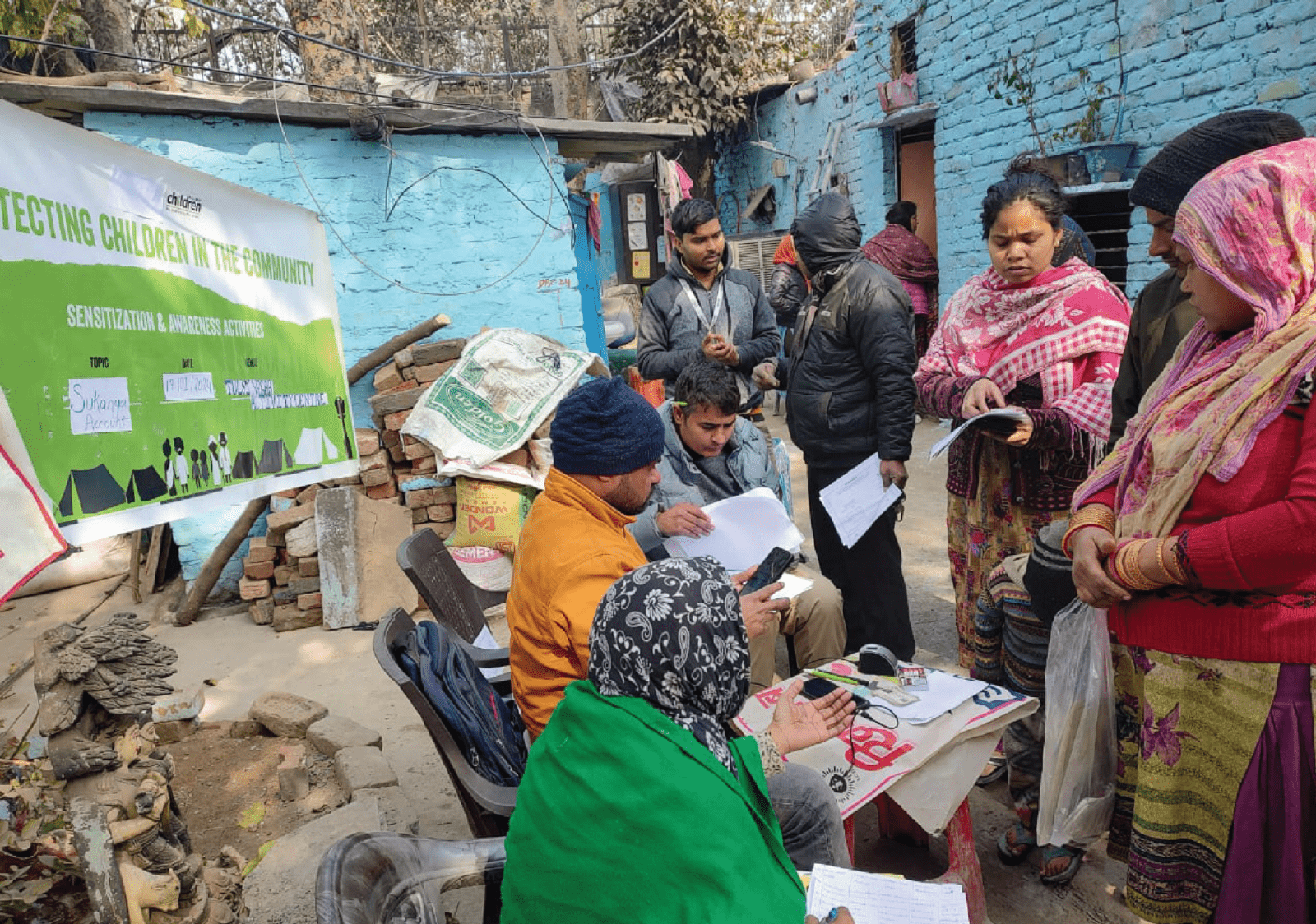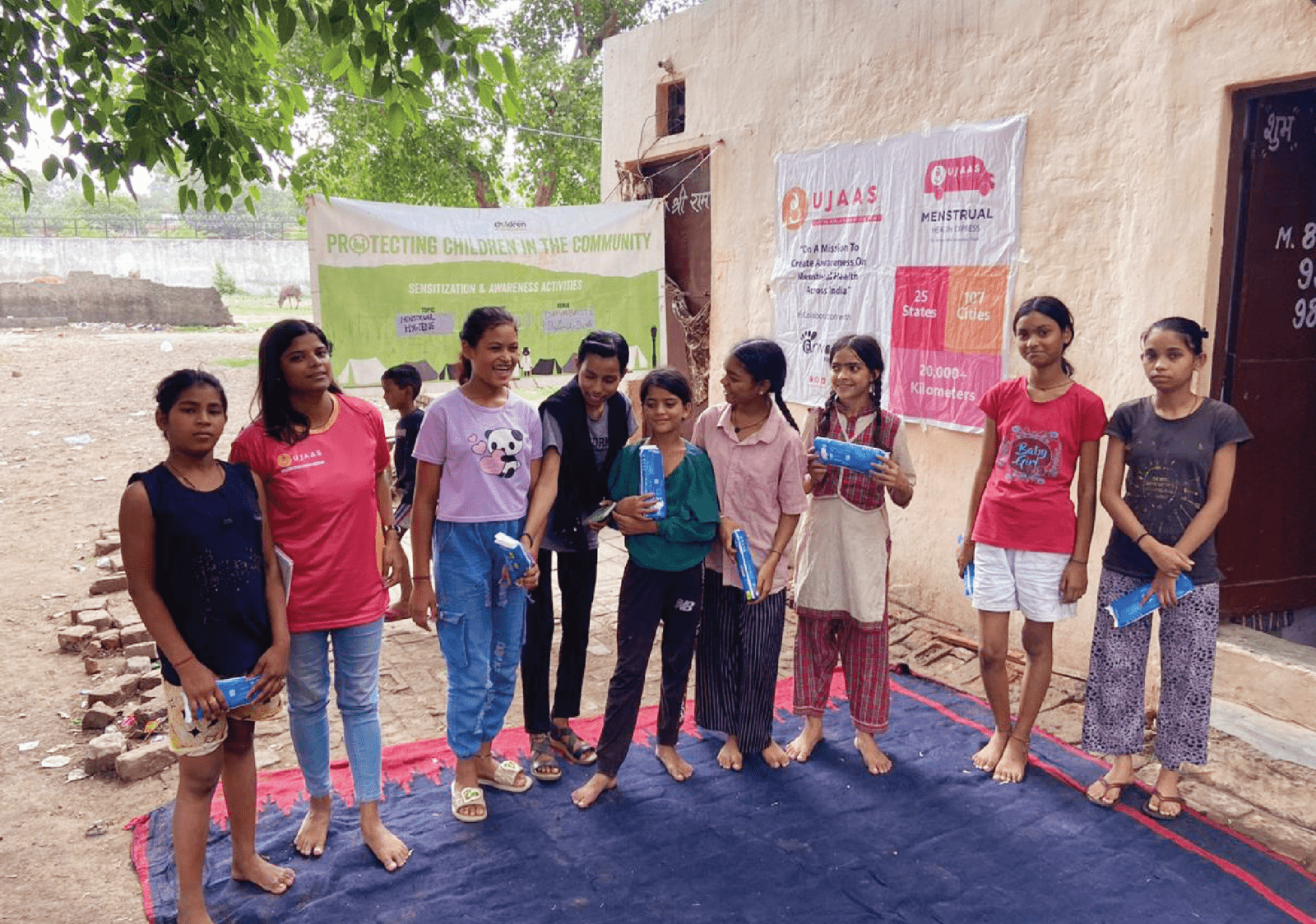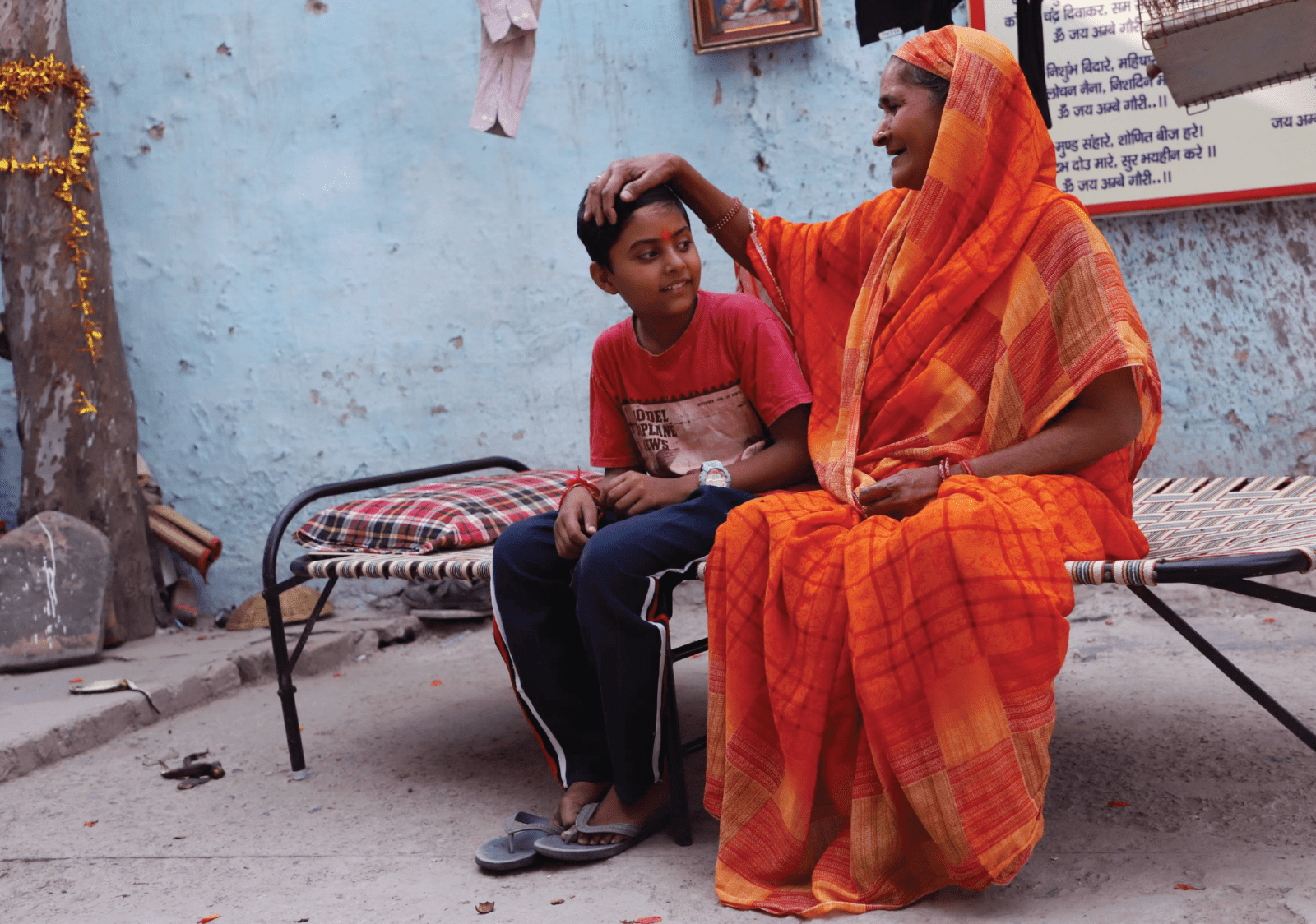“This world demands the qualities of youth: not a time of life but a state of mind, a temper of the will, a quality of imagination, a predominance of courage over timidity, of the appetite for adventure over the love of ease.”
This quote by Robert F. Kennedy resonates even today when we open the newspapers or surf social media and find youth taking charge, leading, and fearlessly campaigning against some of the most pressing world issues.
International Youth Day, celebrated each year on August 12, recognizes and shines a spotlight on the voices, actions, and initiatives of inspiring young activists. Taking a leaf out of UN’s page, we present five young change makers under 18 who are revolutionizing key issues globally.
1.Devoted to Ending Child Labour—Anju Verma, India
Seventeen-year-old Anju Verma, daughter of a truck driver, grew up in Haryana’s Daulatpur village. Historically, Haryana has been notorious for having the lowest sex ration in the country. Child marriage, child labour, and female foeticide were social evils that Anju was routinely exposed to; however, at a very young age, Anju decided to put a stop to these normalized crimes.
She founded Buland Udaan, an NGO that undertakes initiatives to fulfil a single aim, creating a child-friendly India, eradicating child labour, child marriage, female foeticide, and child abuse. Since its inception in 2017, Buland Udaan has enrolled over 700 children from economically unstable families in facility packed schools. The team has managed to stop over 65 child marriages, a few cases of female foeticide, and has helped over 15 sexual harassment victims get justice. During the testing times of Covid-19 and the backbreaking lockdowns, the organization also provided food supplies to more than 700 families in the course of two months.
Anju’s vision resounds in her statement,“Every child has the right to have a splendid childhood, but the abysmal essence of inequalities has decayed this gift. We wish to allow all the children to comprehend the importance of education and demand their right to education.”
2.Awakening the World to the Syrian War—Bana Alabed, Syria
Bana Alabed was all of seven years old when she tweeted from her home in Aleppo, Syria “My name is Bana, I’m 7 years old. I am talking to the world now live from East #Aleppo. This is my last moment to either live or die.” With this tweet, Bana began live tweeting the Syrian civil war from her mother’s Twitter account. One cannot help but see Anne Frank in Bana Alabed, a refugee in her own city, normalizing life amidst terror, finding joy in the routine moments.
Bana and her family survived the violence. Not long after she posted the distressing tweet, her family was evacuated to Turkey. Soon after, Bana went on to write a book documenting her experience of the war. Dear World: A Syrian Girl’s Story of War and Plea for Peace takes readers through Bana’s life before and during the war. Riddled with heartbreaking instances, such as the one where she had to dig through rubble in search of her friend’s father, or when she began identifying the different kinds of bombs based on the sounds they made, the book is a devastating account the lives of thousands of Syrian children like Bana.
“Anne Frank grew up in war and told her story in a book. We both believe that if we told our story, that the world might listen and help”
3.Innovating to Save Marine Life and Rid Our Oceans of Plastic—Haaziq Kazi, India
The sight of a dead whale washed ashore is disheartening, yet, most of us would turn a blind eye towards such an alarming instance. Haaziq Kazi isn’t most of us. A National Geography documentary showed 37 pounds of plastic inside the bloated stomach of whale washed ashore. This visual stuck with Haaziq Kazi and moved him to take action and look for a solution.
Haaziq began by attempting to create a device that could help clean the oceans. After three years came the first concept design of the device, ERVIS. It is a ship with saucers and chambers. While saucers would float on the surface of the ocean, creating a whirlpool to suck the waste inside, the chamber compartments would store the waste. The ship would then separate the waste into large, medium, small, and plastic particle categories.
While the ship remains a long-term goal, requiring astronomical funds, Haaziq set up the ERVIS Foundation. The foundation aims to educate children about the ill effects of uncontrolled plastic use and also employs an app that tracks daily consumption of plastic and provides regular tips on cutting down its use.
“You are never too young to make a difference,” says Haaziq and we couldn’t agree more.
4.Bringing Girls’ Rights and Gender Equality to the Fore—Neha, Nepal.
Neha was born in a slum in Kathmandu; however, from a very young age, she found herself drawn towards the cause of gender-based violence and trafficking. A voice to reckon with, she is a girls’ rights and gender equality activist. Now, as a Plan International Global Young Influencer, she is a grassroots campaigner and leader of the Mahila Ekta Samaj Girls Network. Adding to her fleet of influential roles is her role as a programme presenter on Nepal’s radio programme #CoolKids.com.
Through the radio programme, Neha has raised awareness against the online sexual exploitation and harassment of girls. Strongly voicing her opinions on the role of giant social media companies ensuring the safety of young girls Neha says,
“A child may not be able to cook their own food, but they know how to set up a social media account. We need stronger reporting mechanisms so if we are harassed online, social media companies will take action.”
5.Samaira Mehta, USA, Access to STEM education and coding tools
The founder and CEO of CoderBunnyz and CoderMindz, the keynote speaker at the Diversity in Tech Conference, and the creator of ‘Yes, One Billion Kids Can Code’ initiative. These are the accomplishments of twelve-year-old Samaira Mehta, a young tech entrepreneur who is taking steps to help one billion children gain access to STEM and coding tools by 2030.
Samaira founded CoderBunnyz, a STEM game, at the age of 8. Within a year of its launch, the game was being used as a coding tool in 106 schools in the US.
With the aim to bridge the gender gap in technology and to help young children gain access to STEM and coding tools, Samaira created the ‘Yes, One Billion Kids Can Code’ initiative.
“When I learned how unequal the STEM and artificial intelligence workforces are, I thought it was unfair and wanted to bring more girls into tech. … Coding and tech skills help them become better thinkers, leaders, creators and dreamers.”







